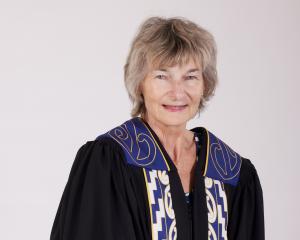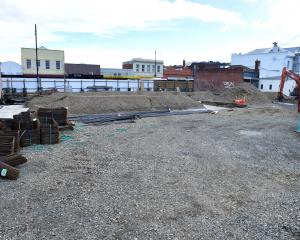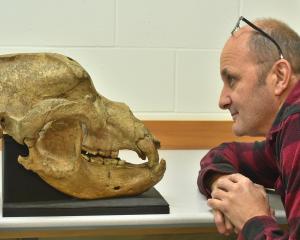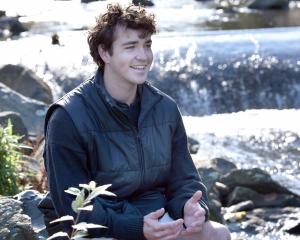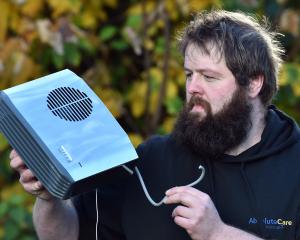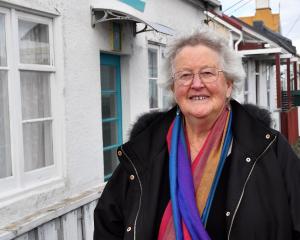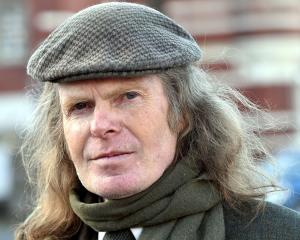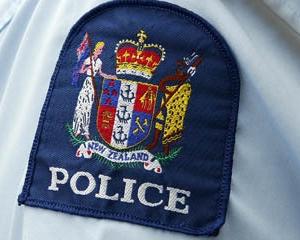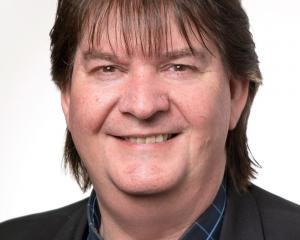Kaumatua living on the Otago Peninsula are connecting with their culture while getting their balance back.
Every Wednesday the Ōtākou marae hosts Taurite Tū, a Māori-style physiotherapy class for kaumatua (Māori elders) that mixes in some Māori dance and martial arts.
Natalie Karaitiana has been taking part in the classes since they began two years ago, along with about 15 others.
The class starts with attendees gathered in a circle, all sitting in specially claimed seats next to friends, greeting and passing jokes to each other.
Before the classes, her social life was "sporadic", Ms Karaitiana said.
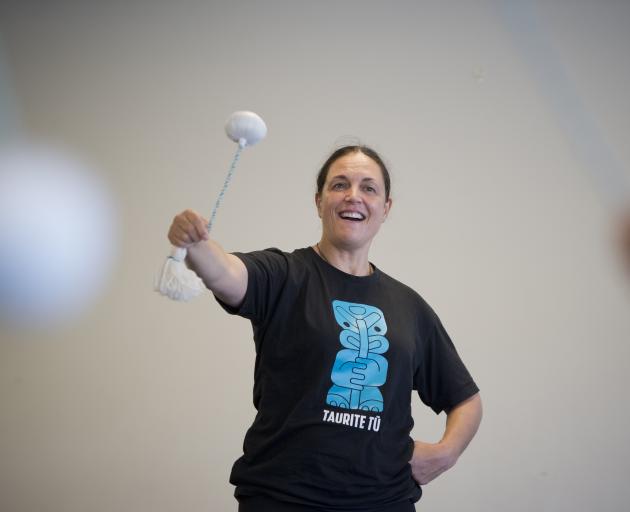
Now she has a regular get-together with friends for physiotherapy and is reconnecting with her culture.
Before exercises, the class carries out a series of stretches, thanking the different atua (Māori gods) using various kapa haka movements.
Taurite Tū combines te ao Māori (Māori worldview) and physiotherapy to reduce the number of falls faced by Māori each year.
Ms Karaitiana enjoyed the Māori lens on activities.
"It’s very rewarding to be in this environment and to hear the instructions given to us in te reo."
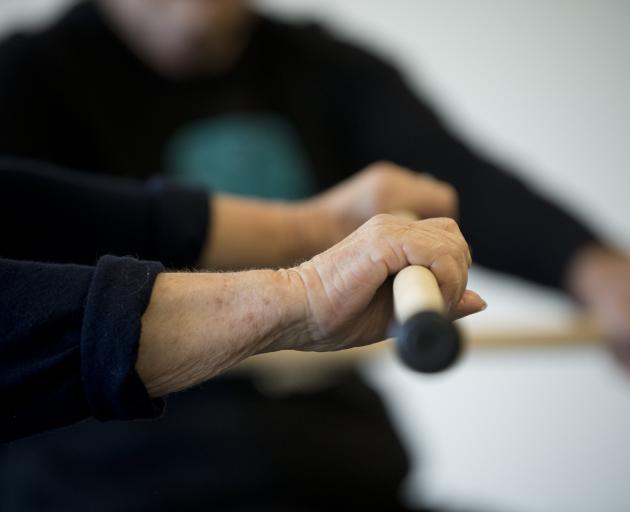
Ms Karaitiana said the class had already been "very beneficial".
"I was getting to a point where I thought I was going to need a hip replacement, but I’ve been able to gain most of my balance back and have less pain."
Another attendee, John Solomon, said he found the balance aspect of the class "really hard," but it had proved to be worthwhile.
"You know old people, they fall over every now and again.
"But I don’t think any of us have fallen since," he said.
After the rākau exercises, the class uses balance domes to practise stepping motions — backwards, forwards and pivoting.
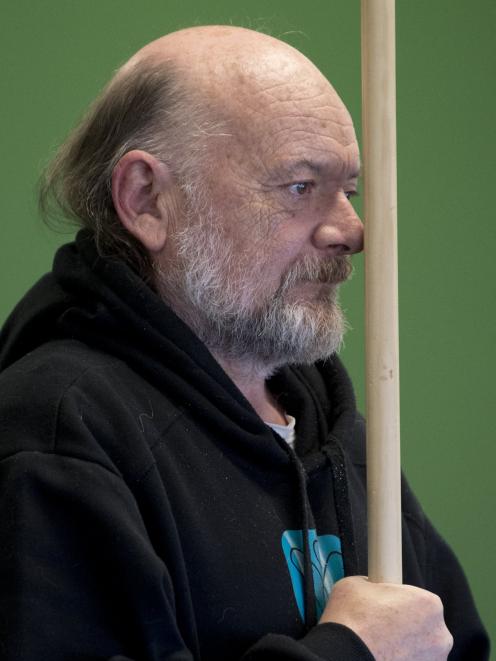
"Most of us weren’t doing any regular activities.
"I’m 80, so I’m getting there, and I’m still moving."
The class ends with the favourite activity — poi.
Afterwards attendees gather in the whare kai for food and cups of tea, reconnecting and sharing stories.
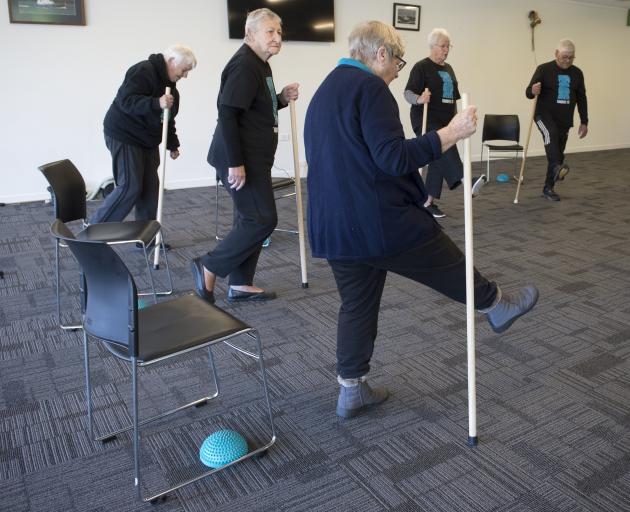
Beyond improving her physical health, Ms Karaitiana said the classes also helped improve her mental health.
"Two years ago, I wasn’t doing very well.
"My husband died in December 2022, so the interaction, the social side, is really important to me."
Mr Solomon said the classes were something he and his wife looked forward to every week.
"Most of the time you feel isolated, you have no social contact, you’re busy sitting there watching what’s on the jukebox."
He explained "back then" the Portobello pub was the place for people to meet and socialise on the Peninsula.
"Being here, it’s sort of replicated that in a lot of ways because everyone comes together here."
The programme was created by University of Otago lecturer Katrina Bryant who has worked in physiotherapy for about 30 years.
"We do this for the love of our people," Ms Bryant said.
"Every exercise we do, every movement, everything, it has the theory behind it for physiotherapy goals, but it also comes with that matauraka Māori lens."
During her research, Ms Bryant collected the different voices of kaumatua.
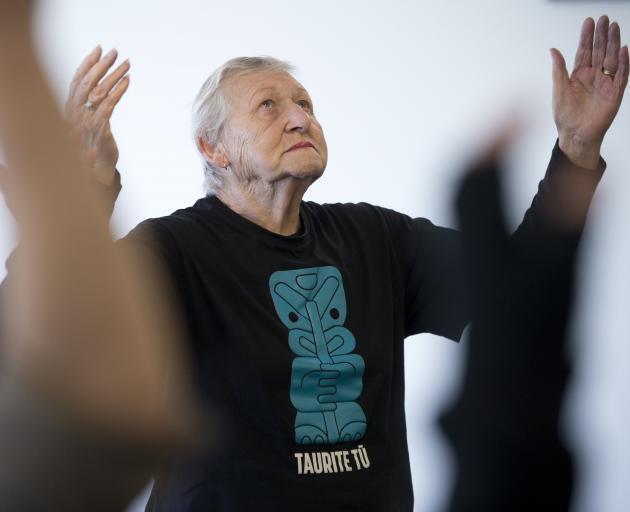
"The voices of the kaumatua that this is making a difference for them, that’s what drives us all the time."
Edward Ellison initially reached out to Ms Bryant suggesting she look into falls and how they impact Māori.
She applied for a grant for Māori organisations to conduct their own health research through the Health Research Council.
"That grant allowed us to develop Taurite Tū in a Māori way," Ms Bryant said.
She later applied for a grant through Accident Compensation Corporation (ACC) and was among just two organisations to receive it.
The Ōtākou Rūnaka has authority over Taurite Tū, which Ms Bryant said gave them the ability to create "trusted relationships" with other Māori organisations.
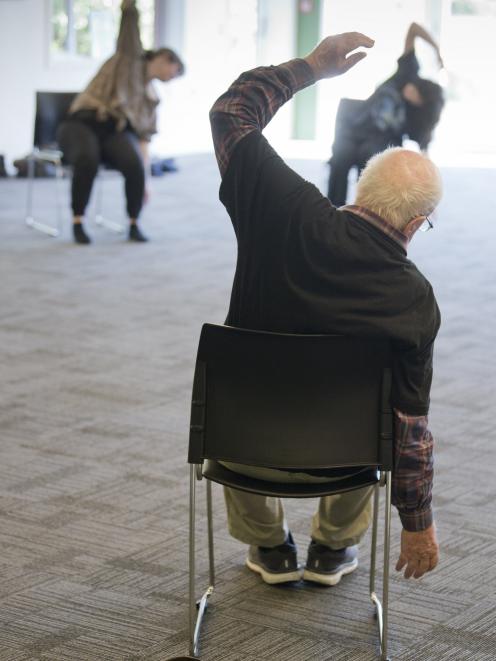
Today, 26 Māori organisations across the country have developed Taurite Tū within their own rūnanga.
About 16 of those are funded by ACC and about 10 by WellSouth.
"It’s just grown so quickly.
"People from Māori organisations around the country are now contacting us to roll out our Taurite Tū, which is fantastic."
She said rūnanga had a sense of "aroha" for their kaumatua which is what made the classes so successful.
"Whatever they do, they’re going to make it beautiful for their kaumatua — that’s the key thing.
"When you have aroha you can’t go wrong."
The classes included various Māori exercises and activities around memory, body awareness, balance, co-ordination and meditation.
"Our people did have exercises for the continued movement of people as they age — from babies to kaumatua, and these exercises are brought into Taurite Tū."
Ms Bryant said indigenous knowledge and perspectives were neither "superior or inferior".
"It’s when you get the imbalance of ‘one’s better than the other’ — that’s when things don’t work.
"It’s about embracing that there’s lots of different ways to look at things and weaving those together makes us all stronger."

